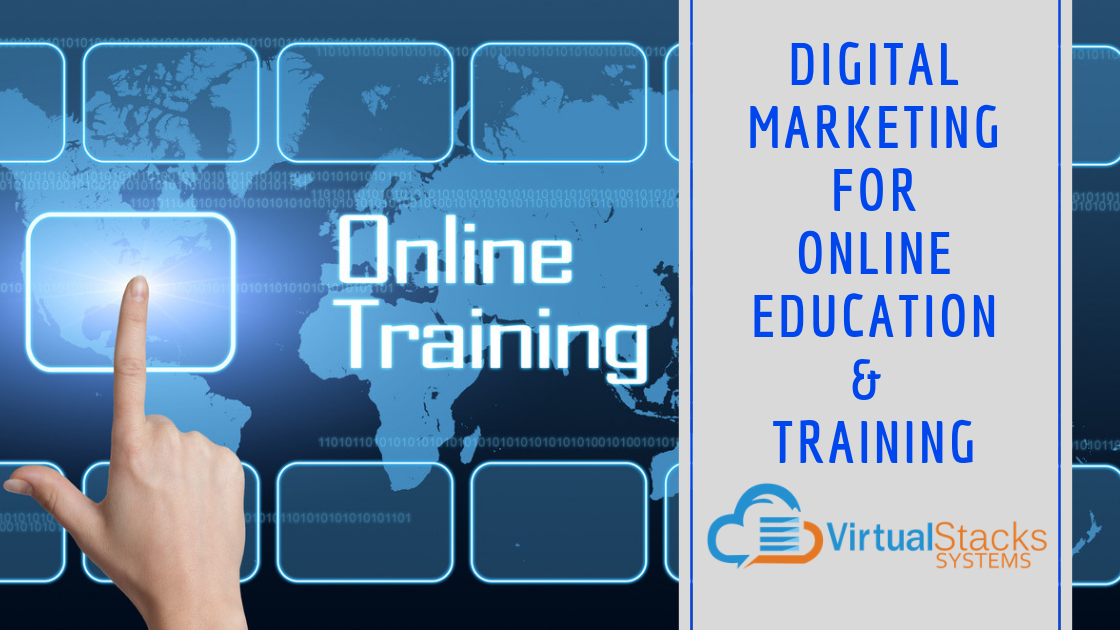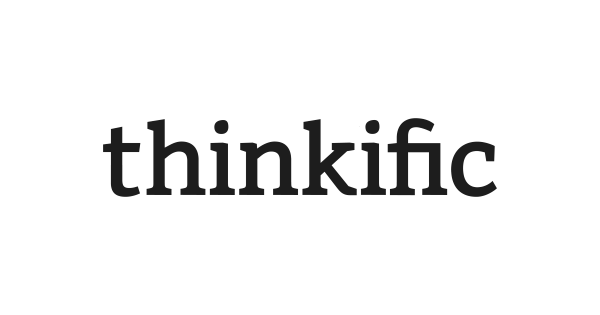
21 Feb Digital Marketing for Online Education & Training
The future of education is online. Old-school colleges and universities now offer online undergraduate and graduate programs; “born digital” schools give adults the opportunity to earn a degree that will make them more marketable in the workforce; and online corporate training programs provide employees the ongoing education necessary to stay current in their industry or learn leadership skills. As with every industry, effective marketing is key to success in online education. So bear with us as we indulge in an educational cliché, and tell you how to go to the head of the class and increase sales for your online course with digital marketing.
It all begins with SEO
Learning Revolution cuts to the chase in its blog post, “Using SEO to Sell Online Courses.” The author observes that most of the organizations and institutions offering online courses and programs tend to focus on creating the best possible learning experience for students. Mastery of such areas as SEO and marketing fall outside their wheelhouse.
As the article describes: “That’s understandable, but it can also be harmful. Think for a moment about how someone who doesn’t know you and has never heard of you is likely to find your course. She’s likely to (a) go to Google, and (b) type in whatever phrase seems to describe the educational experience she is seeking.”
According to WebFX, the keyword “online education” yields 14,800 searches per month. If your organization isn’t utilizing up-to-date search engine optimization (SEO) practices, precious few of those searchers will find your website.
As the WebFX article explains, SEO is included in the category of inbound marketing, because it brings users to your site when they’re actively searching for information about online education.
This is the opposite of such tactics as flyers and billboards, which fall under the category of “outbound marketing” because they reach out to an audience regardless of whether they care about your programs. Prospective students are looking for your school – or, at least, what it has to offer. A solid SEO strategy helps lead them to it.
For online schools building a brand, SEO greatly assists in establishing credibility. The higher your school ranks in the search engine results pages (SERPs), the greater the confidence potential students will have in its legitimacy. This is an important issue, as there are fraudulent online schools that take students’ money and provide a worthless degree or certificate in return.
Building SEO starts with keyword research
Consider the words that potential students might enter in a search engine to find the courses or programs you offer.
WebFX uses the following examples:
• “How much does an online education cost?”
• “Classes at [your online school]”
• “How many years is an online education?”
• “Prerequisite for online education”
Many of these “long-tail” keywords can form the basis for creating high-quality content, which also helps your website rank higher in the SERPs. For example, “How many years is an online education” can be the topic of a blog post. By providing a consistent amount of good content that your target market finds informative, you’ll increase traffic, leads and conversions along with your SERP position.
Tyler Basu – content marketing manager at Thinkific – goes a step further.

He recommends using keyword research to create the course title. “Use a tool such as Google’s Keyword Planner or BuzzSumo to identify the most popular keywords related to your course topic, and include those keywords in your course title,” Basu writes.
“This will help to position your course as exactly what a potential student is looking for as they search for your topic online.”
For those who want to dig deeper, Basu’s article features 55 ways to market your online course. It’s a long read (46 minutes, according to the page header), but filled with worthwhile strategies.
While building SEO for organic search, pay-per-click (PPC) advertising should also be part of your marketing plan. Use Google Ads and Bing Ads for maximum impact, and to target potential students by age, if they’re currently searching for colleges, if they are interested in the topic you teach, etc.
Create quality content
Content such as blog posts can be created based upon your courses. An online course on web development presents endless possibilities for informative blog posts – as well as social media posts. If your online school offers scholarship programs, they, too, can be used as the subjects of blog and social posts – as well as landing pages. Linked internally throughout your website, this creates a spider-web effect. Each link can draw visitors in further and further.
As our March 12, 2018 blog post, “What is Internal Linking, and How Does it Help SEO?” explains, a visitor who follows your website’s internal links has a better chance of eventually converting into a sale or a lead to be cultivated into a customer. Our June 8, 2018 blog post, “What is Quality Content?” covers the do’s and don’ts of writing engaging online content that will connect with and motivate your target audience.
Domains make a difference
Does your school have an .edu domain?

The acronym for Education Development Unit, the .edu domain was restricted to U.S.-accredited postsecondary educational institutions in 2001. Subsequent changes expanded its use beyond four-year institutions, allowing registrations by accredited community colleges, as well as by university systems, community college districts and similar entities. All eligible institutions must register and manage their domain with EDUCAUSE, the official .edu administration portal.
Having an .edu domain is an advantage, as .edu domains pass valuable “link juice” (a non-technical SEO term used to reference the SEO value of a hyperlink to a particular website or webpage) to linking domains. Adding a backlink strategy is essential.
As explained in our January 25, 2019 blog post, “The Importance of Backlinks in SEO – What You Need to Know,” search engines – especially Google – look for your website’s backlinks to see how your pages are related to each other, and in what ways. Backlinks from high-quality sources increase your site’s authority and ranking.
Again, according to WebFX: “The more informative content you have on your site, the easier it will be to build your backlink profile. When you gain links to your pages from other websites that are already established with Google, it’s a sign to Google that your site is also high quality. This can boost your website’s overall authority, and as a result, increase your rankings.”
Social media – sharing is caring
Naturally, your online course needs to be on relevant social media platforms to drive traffic to your website. Write social posts that link to your blog posts, landing pages, curriculum pages, etc. This can boost organic search rankings and build a strong online presence that cultivates trust in your brand and programs.
As you see, planning and executing a digital marketing plan for your online courses or school demands a good deal of time and attention. The process is easier when you partner with a full-service digital marketing agency to meet your needs and help you reach your goals.
Virtual Stacks Systems offers website design and redesign, SEO marketing, review management services, social media marketing, Google Ads (PPC advertising) and much more!
Contact us today to learn what we can do for you.
